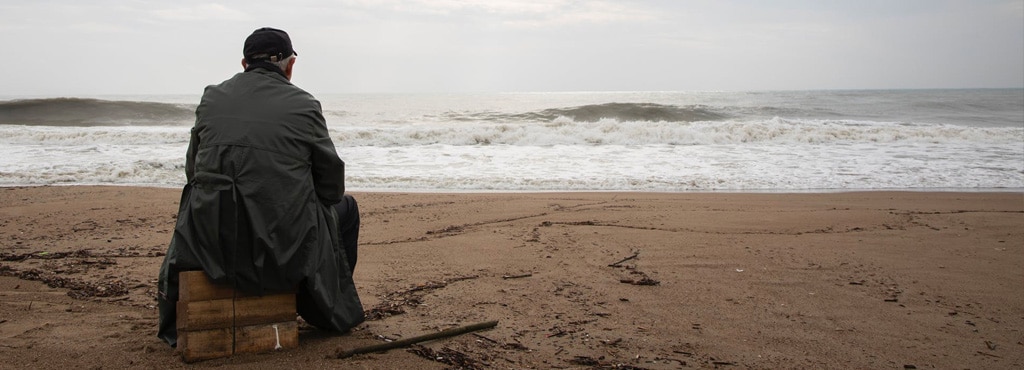Due to the Coronavirus pandemic there will be an increased interest in getting wills and lasting power of attorney (LPA) drafted. However, there are requirements for witnessing a will, and LPA’s, in person to make it legally binding. How are these requirements going to be satisfied during the COVID-19 (Coronavirus) pandemic?
Using a window service during the pandemic
Although the government is urgently looking at change the requirements around witnessing wills in the wake of the Covid-19 (coronavirus) pandemic, such legislation hasn’t come into effect yet. We, like many other firms, have come up with a way to overcome the requirement of signing a will or LPA during these testing times. Here are the steps we follow.
- We organise a telephone consultation with the individual who wants to make a will or LPA.
- We guide them on drafting the document themselves.
- The signing of the Will or LPA can be conducted by a family member or a local volunteer assisting individuals in such times.
Please contact us for more details about this service.
What is a will?
A will is a legal document which ensures your wishes are carried out after your death. Writing a will is a form of insurance of the future, a way to protect your assets. You decide who would inherit your assets and who would distribute them once you pass away.
What is a Lasting Power of Attorney?
A Lasting Power of Attorney (LPA) is a legal document that appoints an individual to serve as the ‘Attorney’ of another. The LPA is authority from the donor to the attorney to appoint them to make decisions about their health, welfare, property and financial matters. There are two types of LPA’s available:
- Health and welfare LPA
- Property and financial affairs LPA
Health and welfare LPA
This type of LPA comes into place when the donor has become incapacitated and they lack the mental capacity to make decisions for themselves. If you become incapable of communicating your needs and wishes in the future, someone will need to make those decisions for you. Therefore, the role of an Attorney may cover decisions concerning the donor’s medical care, living arrangements, daily routine and life-sustaining treatment.
Property and financial affairs LPA
The main contrast between this LPA and the previous is that the Attorney can act as soon as the LPA is registered and authorised, even if the donor retains capacity. The attorneys decisions for this entails payments of bills, access to bank accounts, selling the donors home, collecting pensions, benefits and covers many others.
How to get a Lasting Power of Attorney?
When deciding on who you would like to appoint as your Attorney it needs to be somebody that you trust to deal with your decisions and assets. This could be a relative, friend or even a professional as long as they are over 18 years old and hold the mental capacity to exercise their role. You are able to choose more than one Attorney if you wish, however if you do so you will need to state if you would like them to come to decisions jointly or separately.
Once you have made your Lasting Power of Attorney, you will need to register it with the Office of the Public Guardian for it take effect.
Why should I have a Will and a Lasting Power of Attorney?
During these unprecedented times due to the pandemic of Covid-19, you may be concerned about your finances and health. The Global Health Security Reporter has stated that one in three people given hospital treatment will need intensive care. If you suffer from health problems that cause you to be at higher risk than others, having the security of an LPA if needed is necessary.
Here at Freeman Harris Solicitors we can assist with any enquiries you may have.
If you would like to enquire about making a Will or a Lasting Power of Attorney, please contact us on 0207 790 7311 or email contact@freemanharris.co.uk. Due to the current circumstances, we remain open for business as usual and our meetings can be carried out by video conference.



